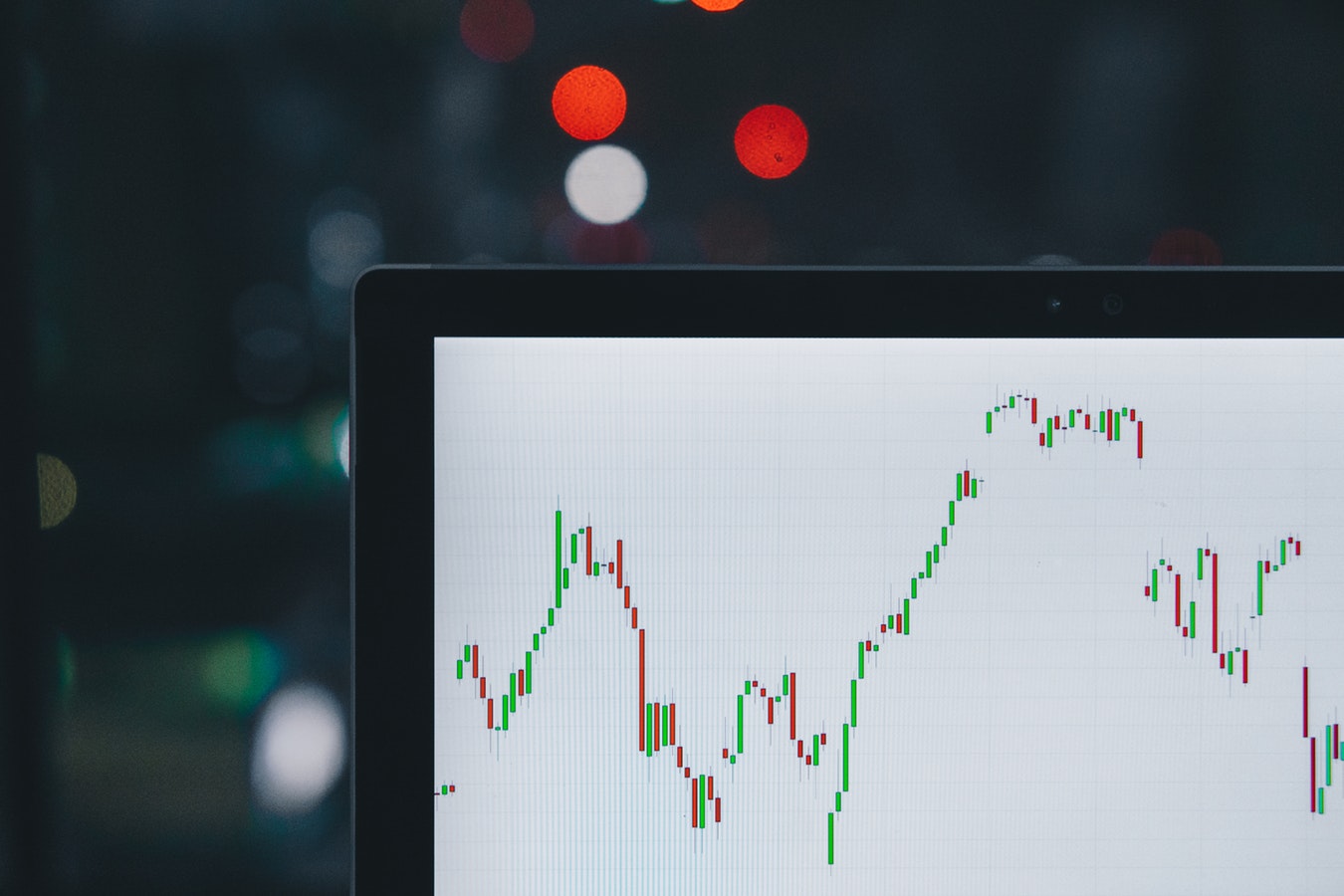Good morning,
Stock prices surged last week – the Dow Jones Industrial Average rallied 12.7%, the NASDAQ Composite gained 10.6%, and the Standard & Poor’s 500 Index jumped 12.1%, its biggest weekly gain since 1974. For bullish investors, this likely made the long holiday weekend more enjoyable and reduced some of the bear market stress.
This rally came despite the fact that more than 6.6 million Americans filed for unemployment benefits last week, bringing the total to over 16 million in the past three weeks, as the economy remains largely dormant due to the coronavirus pandemic. While the disconnect between the economic news and the stock market news last week is striking, remember that the stock market is forward looking. Reasons behind the large advance in stock prices last week include:
1 – Federal Reserve support – the Fed is providing unprecedented levels of stimulus (in the trillions of dollars), including loans to small and medium size businesses along with the purchase of both investment grade and junk bonds. So investors followed the market axiom – “don’t fight the Fed”.
2- Fiscal stimulus – the $2 trillion corona relief package recently passed and signed into law is the largest stimulus in U.S. history, and includes things such as direct payments to Americans and expanded unemployment benefits. The combined force of this legislative and executive action along with the Fed stimulus has heartened investors and supported stock prices.
3 – Coronavirus outlook – the projections around the pandemic are improving, with Dr. Fauci, the director of the National Institute of Allergy and Infectious Diseases saying last week the death toll “looks more like 60,000” compared to earlier predictions ranging from 100,000 to 240,000 deaths. Additionally, the pace of new cases is slowing globally, and the hospitalization rate in New York (the epicenter of US cases) has fallen.
Looking to the week ahead, it is the beginning of earnings season. Companies scheduled to report this week include JPMorgan Chase, Wells Fargo, Bank of America, Citigroup, Goldman Sachs, United Health Group, Intuitive Surgical, Johnson & Johnson. According to data from FactSet Research, S&P 500 earnings for the first quarter of this year are expected to decline 10%, which would mark the largest year-over-year decline in earnings since the third quarter of 2009.
Keep in mind, the market is a discounting mechanism. The market knows first quarter numbers are going to be bad, with second quarter numbers likely much worse. Essentially, the market which has been digesting the impact of the coronavirus for some time now, is already looking out to estimate and focus on what 2021 numbers may look like!
All the best – Southport Station Financial Management, LLC


